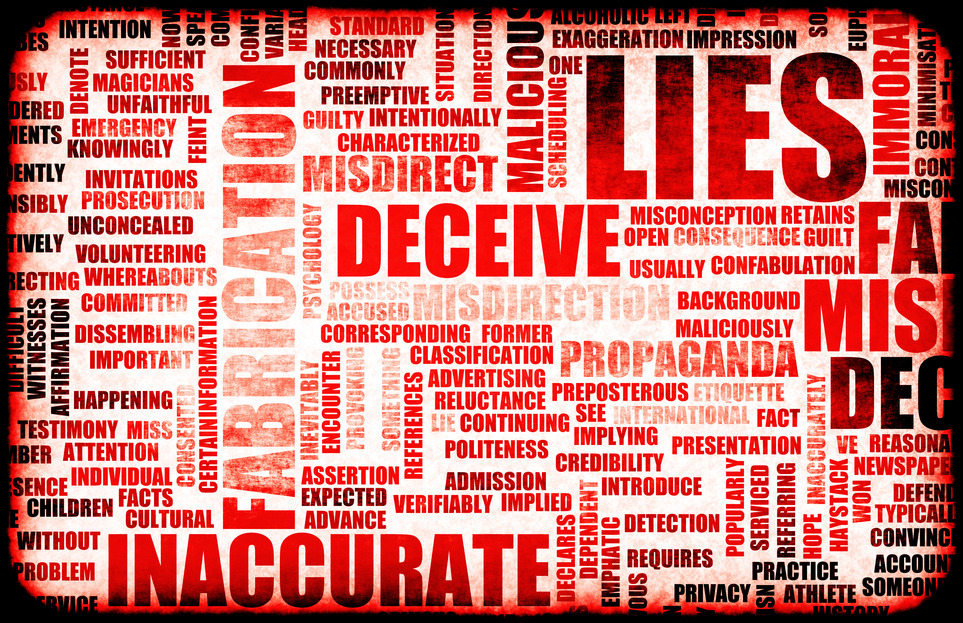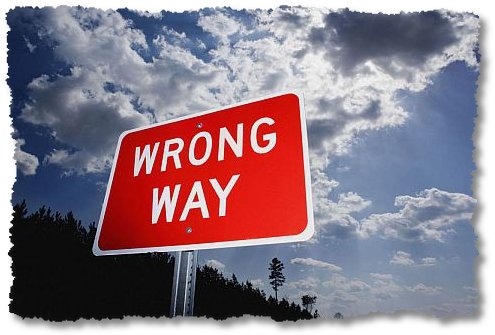Today's Supreme Court Decision
by Jon Benzinger
For anyone paying attention, the Supreme Court -- what an arrogant name! -- decision today was not a surprise. Our culture has been trending in this direction for some time now.
Like many of you, I’ve wanted our laws to reflect the Judeo-Christian worldview because I think it’s true and because I think it makes for human happiness and flourishing (see Deut 6:24, 10:12-13; Jer 32:29; James 1:25). However, today has helped me see that underneath that desire has been another, stronger desire: I’ve wanted to be comfortable in the world.
Today has made it clear to me that I’ve wanted to hold on to what many homosexuals have been fighting for, for my ideas and my lifestyle to have acceptance from a majority of people in this country.
Cultural acceptance has slipped from my hands and into theirs, and I’m kind of glad it has. Why? My idol is being smashed. I’m not supposed to be comfortable here. I don’t belong here. This is not my home. I am a stranger and an alien here (John 17:16; 1 Pet 2:11).
For Christians, today should be another in a long line of reminders that we don’t fit in here, and we were never supposed to. There is a great chasm between the kingdoms of this world and the Kingdom of our God, for now. Events like this make the distinction between the world and the church clearer. The lines are becoming less blurry, at least for me.
I’m expecting the further compromise of Western evangelicals, especially as lawsuits begin to increase. I’m expecting more excuses and equivocation. I’m expecting more of us will start treating texts like Romans 1:24-32, 1 Corinthians 6:9-11, 1 Timothy 1:8-11 and 2 Peter 2:6-10 the same way some of the justices on the Supreme Court are treating the Constitution. This will be their attempt to try and be comfortable again in a world that we were meant to be uncomfortable in.
My concern is that today’s Supreme Court decision will cause Christians to retreat. I fear it’ll cause many to abandon the political process altogether when salt and light may be more needed now than ever before. I fear it’ll cause us to slink into our cultural ghettos where we feel comfortable and protected, surrounded by people and resources we agree with.
I fear today will cause us to say in our actions, and maybe even in our words, “to hell with them,” forgetting that God sent His Son into the same hostile world that we were rescued out of and that He now sends us back into the same hostile world to rescue more.
If anyone was uncomfortable and didn’t belong here, it was the sinless Jesus, but He came here anyway and He got what was expected, the world hated Him. Why did we start thinking it’d be any different for us when He told us it wouldn’t be (John 15:18-20)? Sheep don’t have much of a chance in the midst of wolves, do they (Matt 10:16)?
The world is going to be hostile towards us, so what! Jesus’ message remains our message. His mission remains our mission. His love for the lost should still push us towards those who may hate us.
The world is going to reject you, just like it did Him, but His rejection is still bringing eternal peace to millions of every tribe and language and people and nation. Who knows? Maybe God will use our cultural rejection to do the same.
After today, it may take more courage to be God’s people on God’s mission where we live, work, study and play, but instead of retreating, let’s see today as a call to advance into a culture that’s killing itself and rescue those who are perishing with the truth and love of Jesus.
























